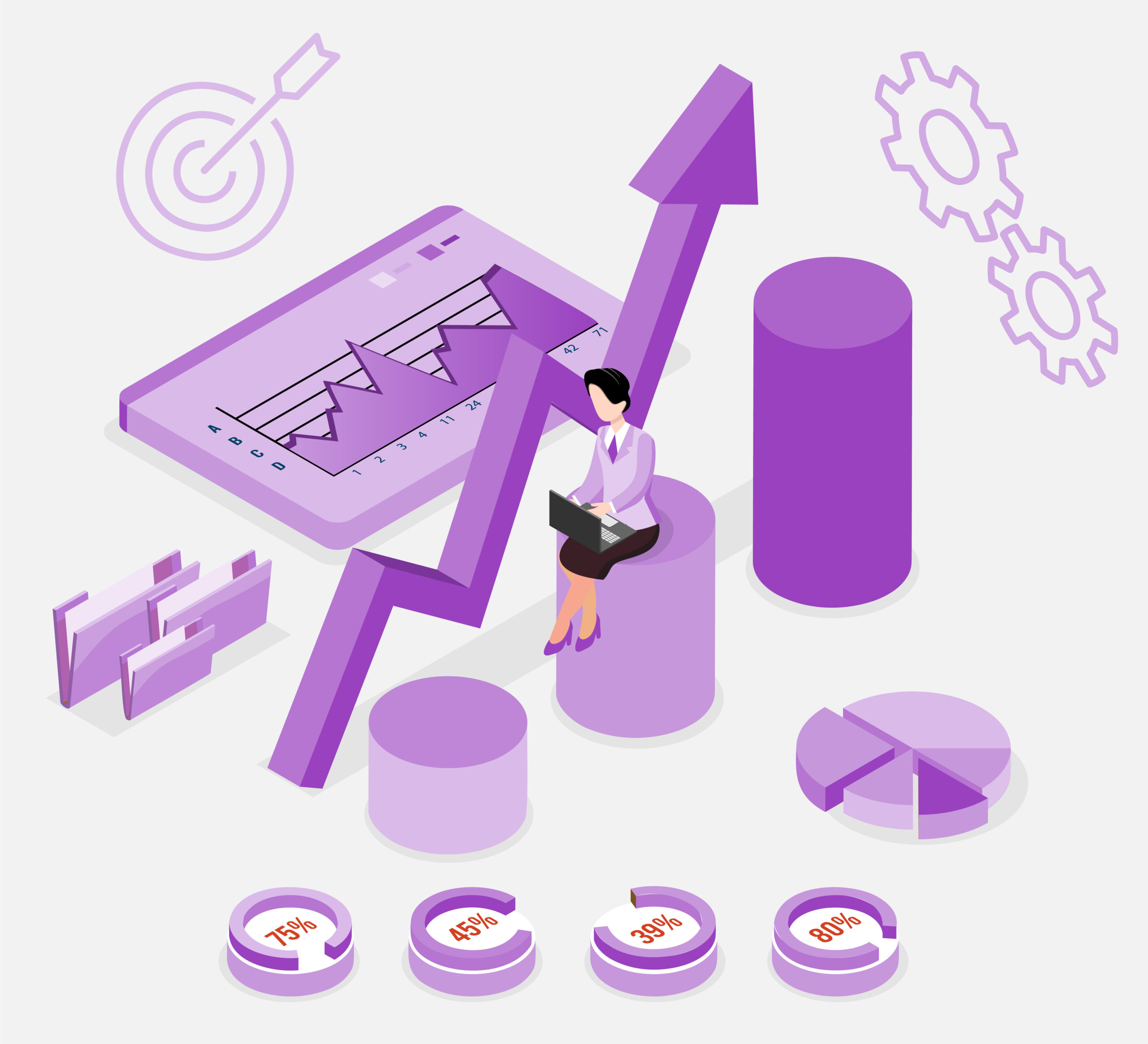Today, WordPress has become the most popular CMS among web developers and bloggers, followed by Joomla in second place, and Opencart in third. WordPress is designed for a large amount of information with relatively little traffic during the day. One of its main advantages is a simple interface and a convenient system of settings, thanks to which the CMS makes it possible to create on its own basis both small personal blogs and large multi-page portals. WordPress has become popular among developers due to its free use, high-quality design, and flexible settings.
So what are the main benefits of WordPress?
- Developer support. For beginners, there is an excellent help – a forum with live users who are ready to help in any difficulties. In addition, there are many documents on all the features of WordPress, so you will not be left without help.
- The CMS is small and easy to install on the server. And the latest versions of WordPress are equipped with a visual interface, which allows you to customize the site without special knowledge and skills.
- Free plugin system. The add-ons catalog contains a huge number of plugins and themes, including free ones. Among them, you can find suitable templates that are not inferior in quality and functionality even to paid themes.
- Multiuser mode. At the same time, a large number of authors can work with the site in WordPress. Each of them is assigned a separate status and editorial rights.
- The ability to write articles both directly and remotely, using special services and postal services.
- Search engine optimization. WordPress SEO by Yoast and All in One SEO Pack plugins are designed to independently prescribe titles, descriptions and keywords for SEO resource promotion.
- A convenient comment management system, as well as a spam screening function.
Of course, one of the main advantages was and remains the free use of WordPress, which, according to the developers, will always remain so. CMS is constantly updated, each new version is created as secure and easy to work as possible.
Among the world famous companies running on the WordPress platform are Forbes, New York Times, Ebay, Ford, TechCrunch, CNN, Samsung, Sony and others. Basically, this CMS is used for publishing sites, blogs, news sites. However, the possibilities of WordPress are not limited to this, it is possible to develop sites of completely different types on it. One has only to take into account that this CMS is not intended for creating forums and online stores. More precisely, you can create such sites with the help of additional plugins in WordPress, but their functionality will be too limited. WordPress is valued as a universal CMS. It is suitable for both novice developers and professionals. Indeed, with a minimum set of knowledge and skills, you can create a site of any complexity, and numerous plugins allow you to expand the capabilities of the site. As a result, you will gradually come from simple to complex, and most importantly, you can master WordPress on your own!
WordPress is one of the most popular CMS in the world. With its help, you can create websites of various nature and manage them without programming knowledge and skills. CMS (Content Management System) is a content management system on the site (creating and publishing posts, placing widgets, changing the design, arranging and displaying various elements, etc.). Everything that forms the site as such is created and edited using the CMS. It is also called resource engine. There are many different programs or management systems on the web today, but WordPress is the most popular. More than 30% of all sites on the Internet work on this platform. And if we talk exclusively about sites running on CMS, then WP accounts for more than 60%, which makes it the undisputed market leader.
A bit of history
Initially, WordPress was conceived as a blog-only platform. Everyone could create their own simple site and share news on it. The first release took place on May 27, 2003 under version 0.70. The platform was written in PHP and the database server was MySQL. She had an open source, which, in fact, made her so popular. The openness of the code meant that any programmer could get access to it. As a result, people actively began to write their own plugins, widgets, extensions, thereby making the functionality of the WordPress CMS more and more extensive. Someone began to earn money on it, and someone simply created free and useful add-ons.
Due to the growth in popularity and the constant expansion of functionality, WordPress has ceased to position itself as a purely blogging platform over time. Today, with the help of this CMS, you can create almost any website. WordPress is suitable for online stores, information and news portals, corporate websites, blogs, commerce. Yes, for some areas of activity there are more convenient engines (for example, 1C-Bitrix for commerce), but if you wish, all this can be implemented in the WordPress CMS.
Convenience of WordPress
In addition to the fact that the platform provides its main functionality for free, and also has open access to the code, it remains one of the most convenient to use. This is also an important factor. It is thanks to the convenience and ease of use that literally anyone who has never worked with sites before will be able to master it and create, albeit a simple, but their own resource. This convenience is largely due to the quality organization of the admin panel, which has been constantly modified over the years. It looks like this:
From the screenshot you can see that on the left is the main menu where you can create and edit posts, upload media files, manage pages, comments, site appearance, etc. On the right is the workspace. Even an inexperienced user can figure it out on an intuitive level. And, if there are any difficulties when working with WordPress, Google will always help. On the network you can find a large number of different materials, instructions, video instructions, etc., which describe in detail how to work with various tools.
WordPress functionality
So, let’s go through the main features of the WordPress engine:
- Allows you to create, delete and edit static pages (for example, “About the company”, “Contacts”, “Product X”, etc.).
- Allows you to create, delete and edit records (publications).
- Extensive options for working with comments (enable, disable, tree format, maximum number per page, etc.).
- Support for CNC (human-readable URL), writing your own URLs, a large selection of formats.
- Support for tags, headings, RSS, search.
- An excellent WYSIWYG (What You See Is What You Get) text editor that works in two modes: visual and html.
- An online photo and image editor that allows you to crop, rotate, scale, etc.
- A large selection of ready-made templates, which greatly simplifies the process of creating a site.
- A large set of various plugins and widgets that allow you to add non-standard functions.
It is impossible to describe absolutely all the features of CMS WordPress in one article. Open access to the code has allowed the platform to acquire so many different features and tools that even the most experienced users do not know everything. When working with WordPress, it will be enough to know the main features of this platform, the most popular and most necessary plugins.



